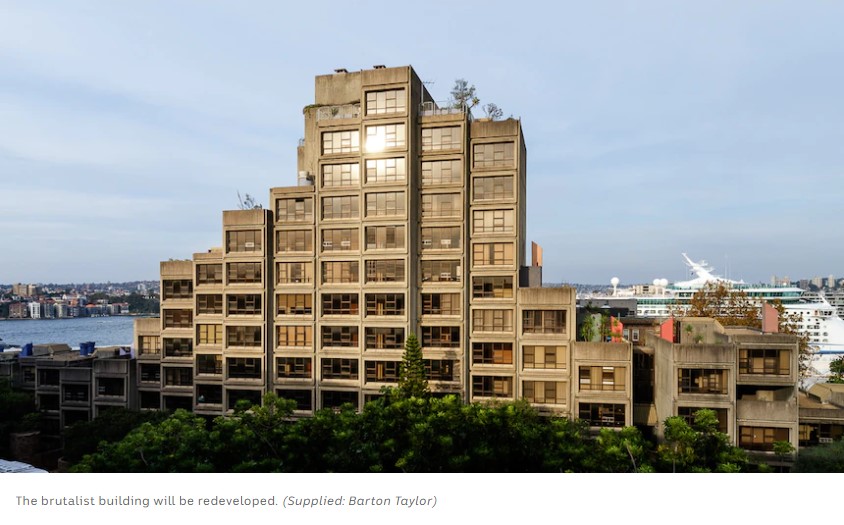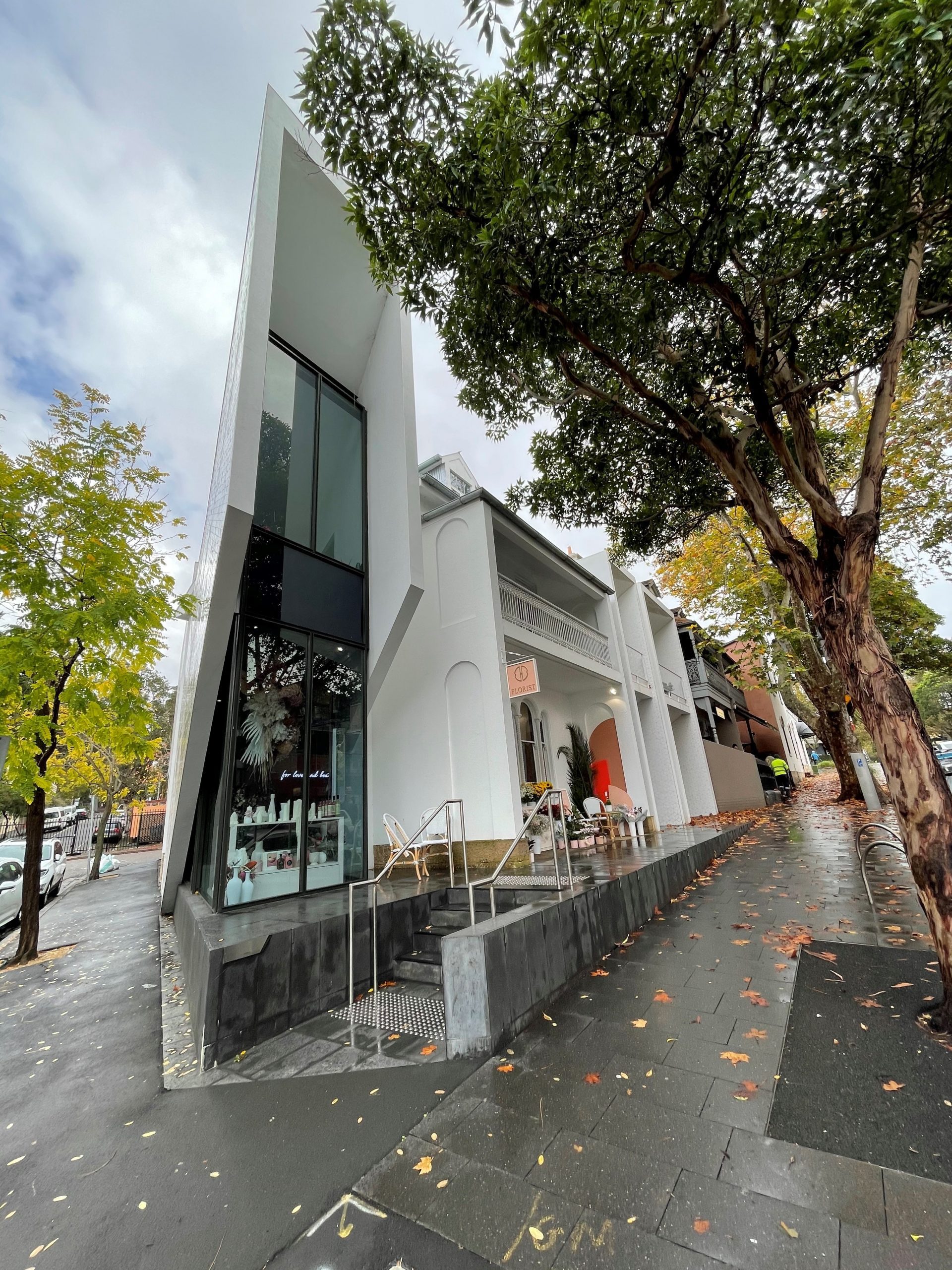Professional Associations
Lack of incentivising is a key failure of current policy. Current policies lack incentives for private owners of Cultural Built Heritage (CBH). Small federal, state and local grants are available from time to time but these are usually ‘dollar-for-dollar’ grants and sporadic without any consistent pattern such that owners could rely with confidence upon their application. More innovative schemes, such as transferable floor space provisions, are rarely used. Most Local Environment Plans in NSW contain a single incentive relating to the use of heritage properties. That is, where a zoning prohibits a particular use, the listing would facilitate a use – even if prohibited by the zoning so long as the heritage building can be saved from demolition, destruction by neglect or inappropriate change. This single incentive in the entire policy framework of NSW’s heritage management system constitutes a narrow opportunity for private owners of CBH.
The National Incentives Taskforce (2004, 42) suggests that the ‘principal elements of best practice in incentives and other innovative policy instruments for historic heritage conservation would be constituted by a suite of policy instruments rather than any single approach. The eight principles suggested, are listed as follows;
- Measures which provide effective support for owners of heritage places, provided either by the Commonwealth or States independently or in partnership with Local Government including; tax deductions for donations to approved funds; tax concessions for owners that enter into Heritage Agreements or other conservation covenants; tax rebates for qualifying private expenditure; land tax remissions; local government rate rebates; grants; loan subsidies; and revaluation provisions for heritage listed places.
- Improved town planning practices at the state and local levels that promote historic heritage conservation including; reducing disincentives to conservation in the form of incompatible zonings; and making imaginative use of planning incentives wherever possible in sympathy with other planning objectives.
- Inclusion of historic heritage conservation as an integral element of Commonwealth, State or Local sustainability policies or strategies.
- Provision of an effective network of specialist heritage advisory services.
- Ensuring information, promotion and awareness activities are given a high priority, with cooperation between local governments and the State wherever possible.
- Establishment of special funding sources for heritage programs to supplement consolidated revenue appropriations such as a share of lotteries or gaming revenue; or a share of Land Tax or another suitable tax.
- Establishment of Revolving Funds for the acquisition, restoration and disposal under covenant of historic heritage places. 8.
- Mechanisms for measuring the effectiveness of financial incentive schemes for historic heritage in Australia.
Paul Rappoport – Heritage 21 – 13 April 2012
Related Articles

Physical Evidence – What to look for?
When appraising heritage buildings, one should seek out and ascertain the following list of attributes:
Read more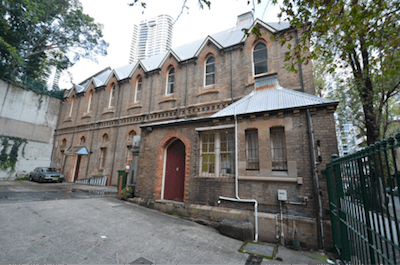
What is heritage conservation?
Heritage conservation deals with actions or processes that are aimed at safeguarding the character-defining elements of a cultural resource so…
Read more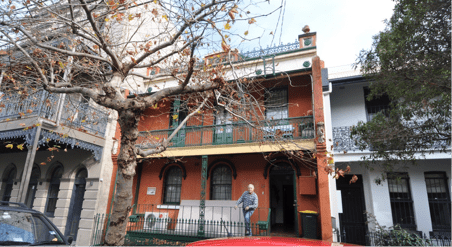
Development is a Shared Activity Amongst All Parties Potentially Affected
In the age of neoliberalism, owners are prone to expect the highest and best use from their properties. Highest and…
Read more
Millers Point Heritage Public Housing
Rappoport Heritage Consultants is actively involved in advising prospective purchasers of Millers Point heritage houses in approaches and methodologies to…
Read more

Need help getting started?
Check out our guides.
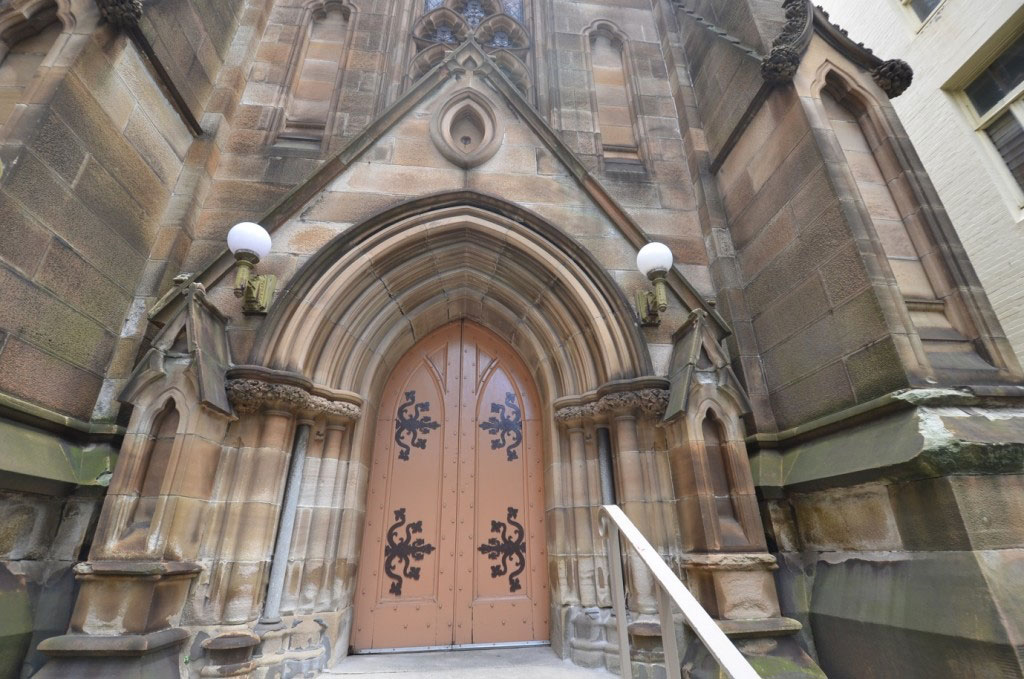
Complete the form below to contact us today.







